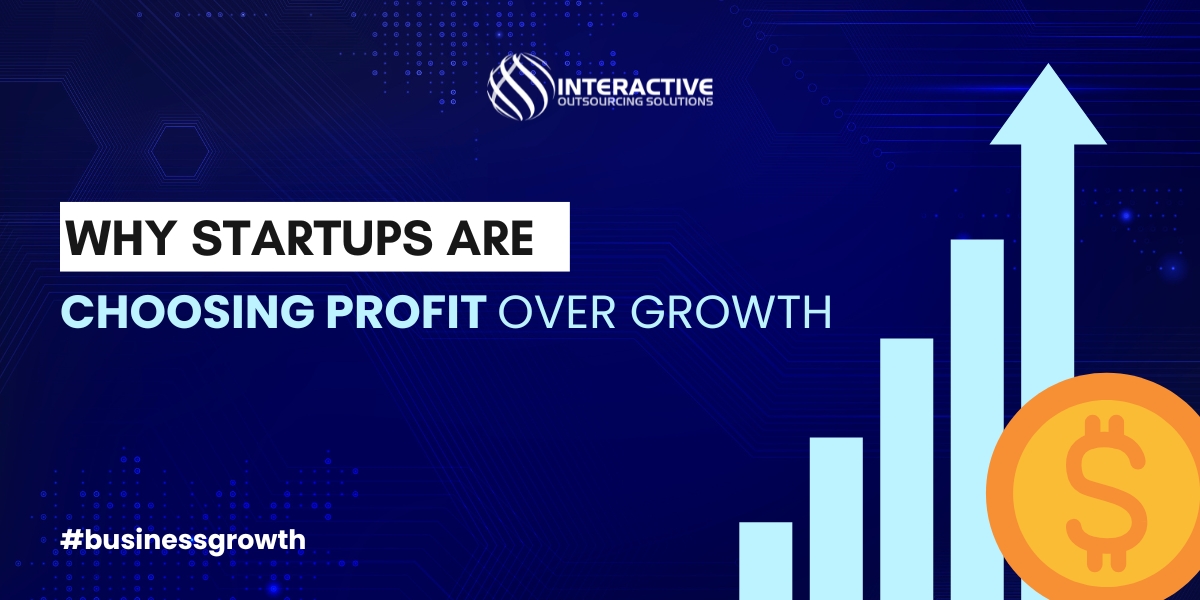AI in e-commerce is no longer a futuristic idea, it’s happening right now. From smart recommendations to chatbots that answer questions instantly, AI-powered ecommerce is changing how businesses sell and how customers shop.
At first, AI for e-commerce was mostly used to make shopping a little easier and more personalized. But now, it’s a must-have. Online stores use AI applications in e-commerce to manage inventory, prevent fraud, and improve customer service. Whether it’s helping shoppers find the right products or making checkout faster, AI is working behind the scenes to make online shopping smoother and smarter.
And this is just the beginning. As AI keeps improving, businesses will find even more ways to use it in both B2B and B2C ecommerce. Let’s take a closer look at some of the most important ways AI is making a difference.
The AI Technologies Powering Ecommerce
Think about the last time you shopped online. Maybe a website suggested the perfect product, a chatbot answered your question, or you searched for an item using just a picture. That’s all thanks to AI in ecommerce. But AI isn’t just one technology, it’s a mix of powerful tools working together to make online shopping smarter and more seamless.
Natural language processing (NLP) helps chatbots and voice assistants understand and respond like a real person. Machine learning (ML) powers personalized recommendations and predicts what customers might want next. Computer vision (CV) makes visual search possible, letting shoppers find products using images instead of words. And behind the scenes, data mining analyzes shopping trends, helping businesses make better decisions.
These AI-driven technologies are shaping the way we buy and sell online, let’s explore how they’re being used in both B2B and B2C ecommerce.
7 Applications of AI in Ecommerce
AI isn’t just changing how ecommerce businesses operate, it’s revamping the way customers shop. From smarter product recommendations to AI-powered customer support, businesses are using artificial intelligence to improve shopping experiences, advance operations, and as a result boost their sales.
Let’s take a look at some of the AI applications in ecommerce, in the B2B and B2C businesses industry.
1. Personalized Product Recommendations
Have you ever noticed how online stores seem to know exactly what you’re looking for? That’s AI in ecommerce at work. AI-powered recommendation engines analyze past purchases, browsing history, and customer preferences to suggest products shoppers are most likely to buy.
Features like “Customers also viewed” or “People also purchased” use AI-powered ecommerce tools to suggest complementary products based on size, color, style, or brand. NLP-driven AI even understands how customers describe products in search queries, making recommendations more accurate. This level of personalization keeps customers engaged, increases conversions, and makes online shopping feel extremely personalized and effortless.
2. Chatbots and Virtual Assistants
Customer service can make or break an ecommerce business. That’s why many companies are using AI for ecommerce to automate customer support with chatbots and virtual assistants.
These AI-driven tools answer customer questions, offer shopping tips, and even assist with checkout, all within just nanoseconds. Whether it’s processing simple transactions, suggesting personalized deals, or providing instant responses 24/7, chatbots enhance the entire shopping experience.
Businesses also use AI chatbots to collect customer data, like size preferences or common inquiries, helping them improve their products and services. Some ecommerce sites even integrate chatbots into their checkout pages, so customers can quickly ask about stock availability, delivery times, or product details, without ever leaving their cart. By handling such routine questions, AI chatbots free up human support agents to focus on more complex customer concerns, reducing response times and improving overall service.
3. Fraud Detection and Prevention
Online fraud is a growing concern, but AI in ecommerce is making it easier to detect and prevent suspicious activity. AI can analyze vast amounts of transaction data in real time, spotting unusual patterns like multiple purchases in a short period, transactions from unfamiliar locations, or unusually high-value orders.
Machine learning models help by creating user behavior profiles based on browsing history, purchase habits, and device usage. If a customer suddenly makes a large purchase from a new location that doesn’t match their usual activity, AI can flag it for review. With AI-powered ecommerce fraud detection, businesses can reduce chargebacks, protect customer accounts, and create a safer shopping environment.
4. Smarter Inventory Management
Managing inventory effectively is crucial for any ecommerce business, and AI is helping retailers stay ahead of demand. Applications of AI in ecommerce analyze historical sales data and real-time shopping trends to predict which products will sell and when.
With AI-driven systems, businesses can automate restocking by integrating with suppliers, ensuring shelves (both digital and physical) are always stocked. RFID tags and sensors powered by AI track product movement, helping businesses monitor stock levels across warehouses and stores. AI can even predict shipping delays and optimize logistics, keeping customers informed and reducing supply chain inefficiencies.
5. Dynamic Pricing for Competitive Advantage
Pricing in ecommerce isn’t static, successful businesses adjust their prices based on demand, competitor pricing, and customer behavior. AI-powered ecommerce uses real-time data to determine the best price points, offering discounts when necessary while maximizing profit margins.
For example, AI can adjust prices across different sales channels. If demand surges on a marketplace like Amazon, AI can apply strategic discounts there while maintaining full price on a brand’s website. AI also enables assortment intelligence, helping businesses track competitors’ pricing and product selections to stay competitive. With AI-driven pricing strategies, ecommerce businesses can boost sales while ensuring customers get the best deals.
6. Predicting and Reducing Customer Churn
Losing customers is costly, but AI in ecommerce helps businesses predict when a shopper is at risk of leaving. AI analyzes customer behavior, such as abandoned carts, browsing history, and email engagement, to identify warning signs of churn.
With this data, businesses can automate responses to re-engage customers, like sending personalized discounts, follow-up emails, or special loyalty offers. AI can even optimize the timing of these outreach efforts, increasing the chances of bringing a customer back. By using AI to understand and retain customers, ecommerce businesses can improve long-term loyalty and revenue.
7. Generative AI for Content and Marketing
Generative AI in ecommerce is changing how ecommerce brands create content. Tools like ChatGPT and DALL·E help businesses generate product descriptions, ad copy, blog posts, and social media content at scale. Instead of manually writing marketing materials, ecommerce businesses can use AI to tailor content for different audiences, speeding up production and maintaining consistency.
Brands are also using AI-powered ecommerce tools to generate images, product visuals, and even AI-driven customer interactions. As generative AI continues to evolve, it will play an even bigger role in content creation, helping businesses market their products more efficiently.






